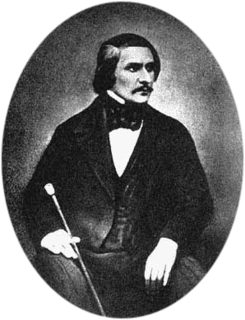A Quote by Jorge Luis Borges
In adultery, there is usually tenderness and self-sacrifice; in murder, courage; in profanation and blasphemy, a certain satanic splendour. Judas elected those offences unvisited by any virtues: abuse of confidence and informing.
Related Quotes
I am truly amazed that after all this time, religious groups still need to attack entertainment and use these tragedies as a pitiful excuse for their own self-serving publicity. In response to their protests, I will provide a show where I balance my songs with a wholesome Bible reading. This way, fans will not only hear my so-called, violent point of view, but we can also examine the virtues of wonderful 'Christian' stories of disease, murder, adultery, suicide and child sacrifice. Now that seems like 'entertainment' to me.
Like all of us sinners, General Betrishchev was endowed with many virtues and many defects. Both the one and the other were scattered through him in a sort of picturesque disorder. Self-sacrifice, magnanimity in decisive moments, courage, intelligence--and with all that, a generous mixture of self-love, ambition, vanity, petty personal ticklishness, and a good many of those things which a man simply cannot do without.
When someone is unrelentingly critical of you, always finds fault, can never be pleased, and blames you for everything that goes wrong, it is the insidious nature and cumulative effects of the abuse that do the damage. Over time, this type of abuse eats away at your self-confidence and sense of self-worth, undermining any good feelings you have about yourself and about your accomplishments .
Arrogance is a killer, and wearing ambition on one's sleeve can have the same effect. There is a fine line between arrogance and self-confidence. Legitimate self-confidence is a winner. The true test of self-confidence is the courage to be open - to welcome change and new ideas regardless of their source. Self-confident people aren't afraid to have their views challenged. They relish the intellectual combat that enriches ideas.
Loyalty saves us from the self-advantaging compromising of important relations - such as friendship, marital and professional commitments, group memberships, and so on. But as the Aristotelians would put it, its expression requires phronesis - wisdom not to allow it to compromise other important virtues ,there is something to the ancient doctrine of the unity of the virtues. I believe that is true of all virtues, but especially of the executive virtues - such as industriousness, sincerity, conscientiousness, and courage - which may become detached from substantive goods.
First comes Self-confidence, that is the foundation. Then comes Self-satisfaction, it is like the wall. Next comes self-sacrifice, it is like the roof. Finally the house is complete and the Indweller is installed inside; that is Self-realization. It starts with Self-confidence and it ends with realizing the Self.





































